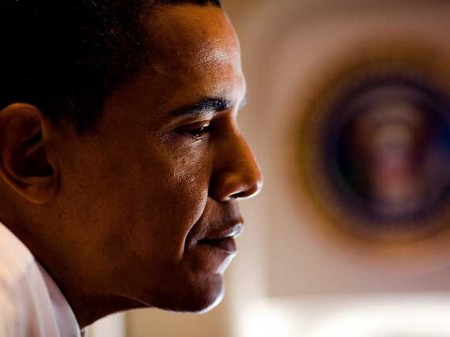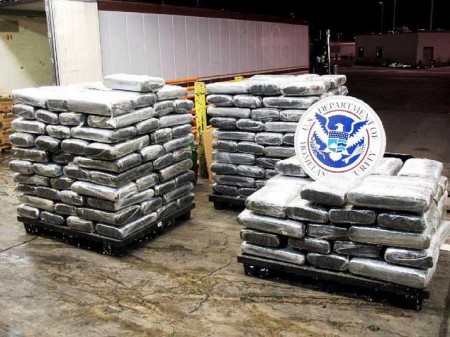
On 19 June, President Obama announced his intention to reduce the number of deployed nuclear weapons by up to a third. Speaking in Berlin, he said ‘So long as nuclear weapons exist we are not truly safe’, while also announcing that the US will work with NATO allies to seek ‘bold reductions’ in both US and Russian tactical weapons in Europe.
He pledged to pursue US ratification of the Comprehensive Test Ban Treaty (CTBT), and to begin negotiations to end the production of fissile materials for nuclear weapons – neither of which has made any headway in the last fourteen years. He also announced that the US will host a Nuclear Security Summit in 2016, following previous successful summits in Washington, DC and Seoul, and the forthcoming 2014 summit in the Netherlands.




